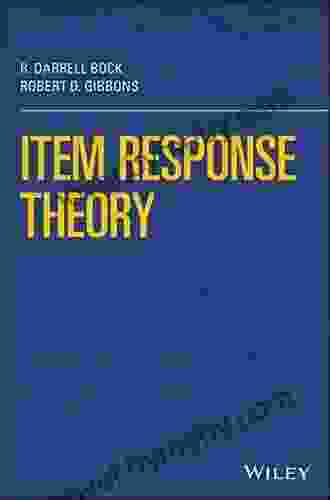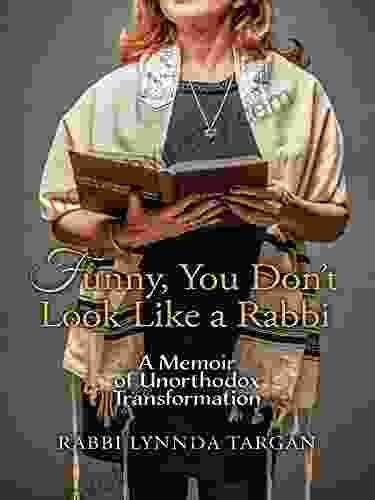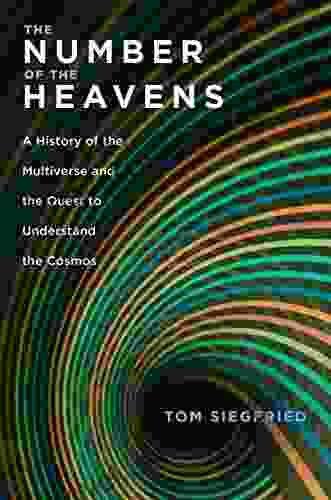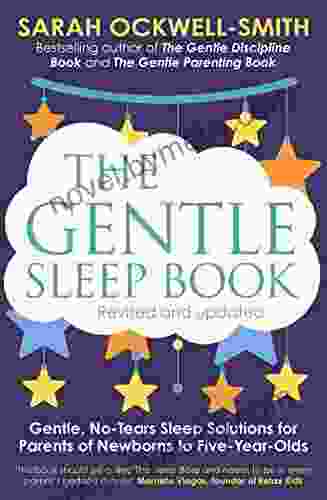Item Response Theory: Modeling Psychometric Data

This book provides a detailed to item response theory (IRT),a powerful statistical technique for modeling psychometric data. IRT is used in a variety of applications, including educational testing, psychological assessment, and health outcomes research.
5 out of 5
| Language | : | English |
| File size | : | 16829 KB |
| Text-to-Speech | : | Enabled |
| Screen Reader | : | Supported |
| Enhanced typesetting | : | Enabled |
| Print length | : | 366 pages |
| Lending | : | Enabled |
What is Item Response Theory?
IRT is a statistical model that describes the relationship between the responses to a set of items and the underlying latent traits of the respondents. The latent traits are typically unobserved, but they can be inferred from the responses to the items.
IRT models are used to estimate the item parameters, which are the difficulty and discrimination of the items, and the person parameters, which are the latent traits of the respondents.
Applications of Item Response Theory
IRT is used in a variety of applications, including:
- Educational testing: IRT is used to develop and evaluate educational tests. IRT models can be used to estimate the difficulty of the items on a test, the discrimination of the items, and the reliability of the test.
- Psychological assessment: IRT is used to develop and evaluate psychological tests. IRT models can be used to estimate the validity of the items on a test, the reliability of the test, and the norms for the test.
- Health outcomes research: IRT is used to develop and evaluate health outcomes measures. IRT models can be used to estimate the validity of the items on a measure, the reliability of the measure, and the norms for the measure.
Benefits of Item Response Theory
IRT offers a number of benefits over traditional statistical methods for modeling psychometric data. These benefits include:
- Increased accuracy: IRT models are more accurate than traditional statistical methods for modeling psychometric data. This is because IRT models take into account the difficulty and discrimination of the items, as well as the latent traits of the respondents.
- Increased efficiency: IRT models are more efficient than traditional statistical methods for modeling psychometric data. This is because IRT models can be used to estimate the item parameters and the person parameters simultaneously.
- Increased interpretability: IRT models are more interpretable than traditional statistical methods for modeling psychometric data. This is because IRT models provide estimates of the difficulty and discrimination of the items, as well as the latent traits of the respondents.
Item Response Theory: Modeling Psychometric Data provides a detailed to item response theory (IRT),a powerful statistical technique for modeling psychometric data. This book is written in a clear and accessible manner, with a focus on practical applications and real-world examples.
IRT is a valuable tool for researchers and practitioners who work with psychometric data. IRT models can be used to develop and evaluate tests, scales, and other psychometric instruments. IRT models can also be used to conduct research on the psychometric properties of tests and scales.
About the Author
Robert Gibbons is a professor of psychology at the University of California, Berkeley. He is the author of several books and articles on item response theory. His research interests include the development and evaluation of tests and scales, the application of item response theory to educational testing, and the use of item response theory to study the psychometric properties of tests and scales.
5 out of 5
| Language | : | English |
| File size | : | 16829 KB |
| Text-to-Speech | : | Enabled |
| Screen Reader | : | Supported |
| Enhanced typesetting | : | Enabled |
| Print length | : | 366 pages |
| Lending | : | Enabled |
Do you want to contribute by writing guest posts on this blog?
Please contact us and send us a resume of previous articles that you have written.
 Book
Book Novel
Novel Page
Page Chapter
Chapter Text
Text Story
Story Genre
Genre Reader
Reader Library
Library Paperback
Paperback E-book
E-book Magazine
Magazine Newspaper
Newspaper Paragraph
Paragraph Sentence
Sentence Bookmark
Bookmark Shelf
Shelf Glossary
Glossary Bibliography
Bibliography Foreword
Foreword Preface
Preface Synopsis
Synopsis Annotation
Annotation Footnote
Footnote Manuscript
Manuscript Scroll
Scroll Codex
Codex Tome
Tome Bestseller
Bestseller Classics
Classics Library card
Library card Narrative
Narrative Biography
Biography Autobiography
Autobiography Memoir
Memoir Reference
Reference Encyclopedia
Encyclopedia Timothy Garton Ash
Timothy Garton Ash Sara Schulting Kranz
Sara Schulting Kranz Sam Branson
Sam Branson Ruby Dixon
Ruby Dixon Sara Barnes
Sara Barnes Harold Arlen
Harold Arlen Sarah Aronson
Sarah Aronson Ted Riley
Ted Riley Timothy A Sisemore
Timothy A Sisemore Tariq Ali
Tariq Ali Stuart A Burkhalter
Stuart A Burkhalter Steve Biko
Steve Biko Dk Eyewitness
Dk Eyewitness Q Hayashida
Q Hayashida Robert Lewis
Robert Lewis Melvin Baker
Melvin Baker Sue Mongredien
Sue Mongredien Richard Melton
Richard Melton Rick Aper
Rick Aper Robert Sky Allen Ph D
Robert Sky Allen Ph D
Light bulbAdvertise smarter! Our strategic ad space ensures maximum exposure. Reserve your spot today!

 William GoldingUnveil the Enchanting Legacy of the Appalachian Trail in its Definitive...
William GoldingUnveil the Enchanting Legacy of the Appalachian Trail in its Definitive... Carl WalkerFollow ·13.3k
Carl WalkerFollow ·13.3k Ismael HayesFollow ·14.3k
Ismael HayesFollow ·14.3k Isaiah PowellFollow ·8.5k
Isaiah PowellFollow ·8.5k Chad PriceFollow ·13k
Chad PriceFollow ·13k Gus HayesFollow ·15.4k
Gus HayesFollow ·15.4k Brian BellFollow ·19.2k
Brian BellFollow ·19.2k Ernest ClineFollow ·16.2k
Ernest ClineFollow ·16.2k Italo CalvinoFollow ·12.8k
Italo CalvinoFollow ·12.8k
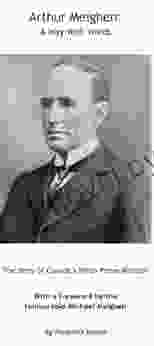
 Mike Hayes
Mike HayesArthur Meighen: A Life in Politics
Arthur Meighen was one of Canada's most...

 Bryan Gray
Bryan GrayVindicated: Atlanta's Finest
In the heart of Atlanta, a...

 Houston Powell
Houston PowellHis to Defend: A Captivating Legal Thriller That Will...
An Unforgettable...

 John Green
John GreenUncover the Riveting Tale of "Hunted: Atlanta Finest" - A...
Prepare yourself for a...
5 out of 5
| Language | : | English |
| File size | : | 16829 KB |
| Text-to-Speech | : | Enabled |
| Screen Reader | : | Supported |
| Enhanced typesetting | : | Enabled |
| Print length | : | 366 pages |
| Lending | : | Enabled |


